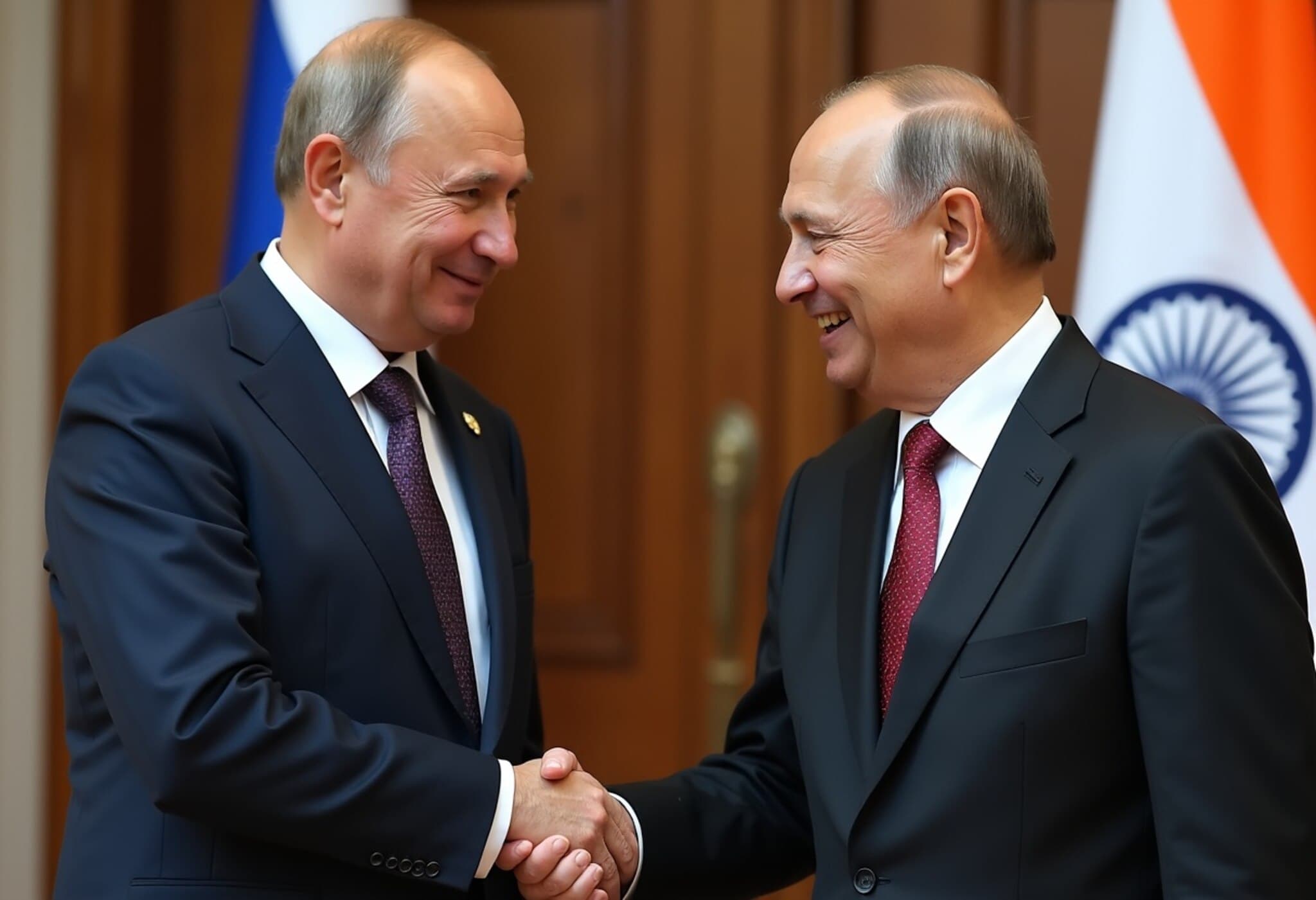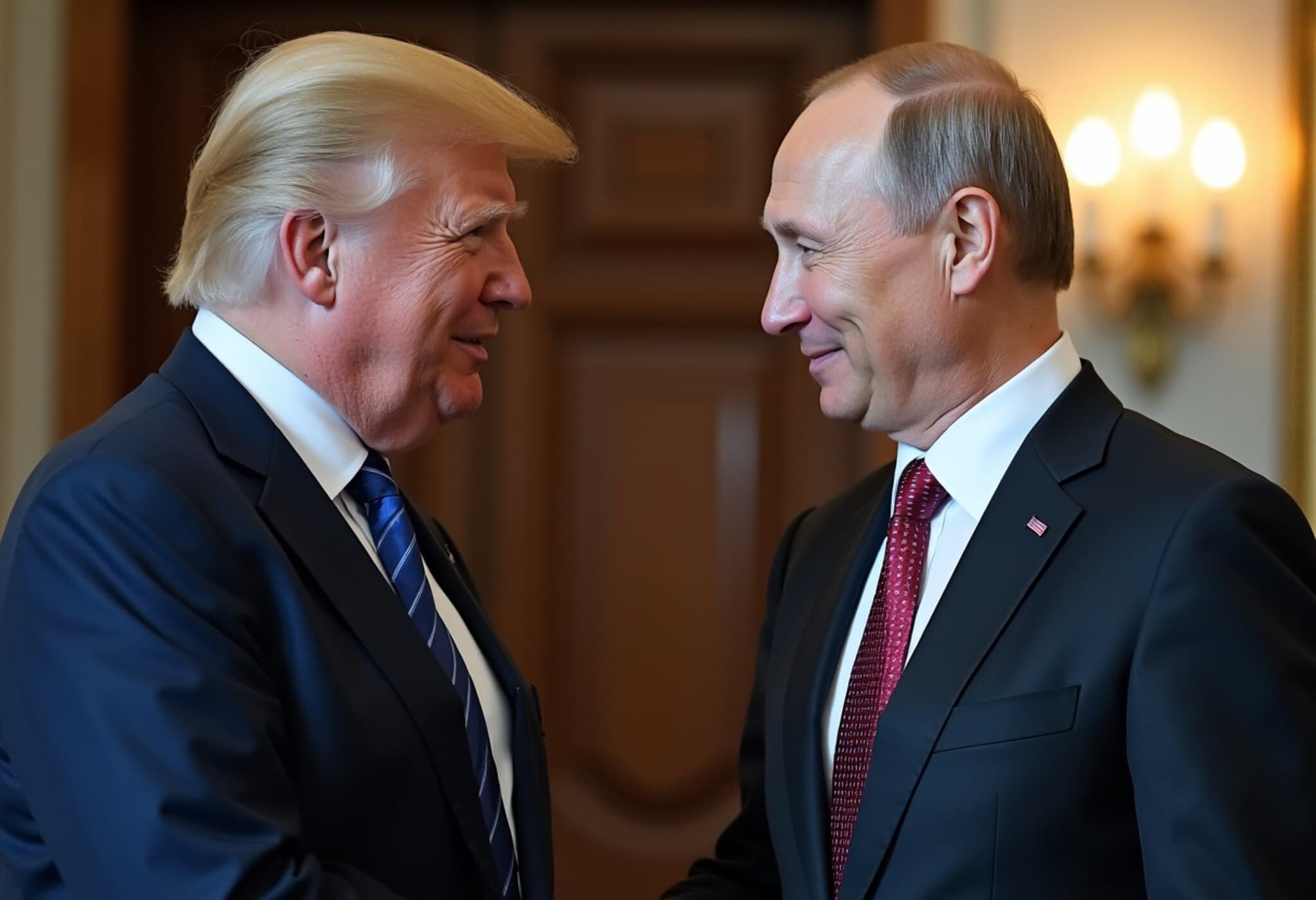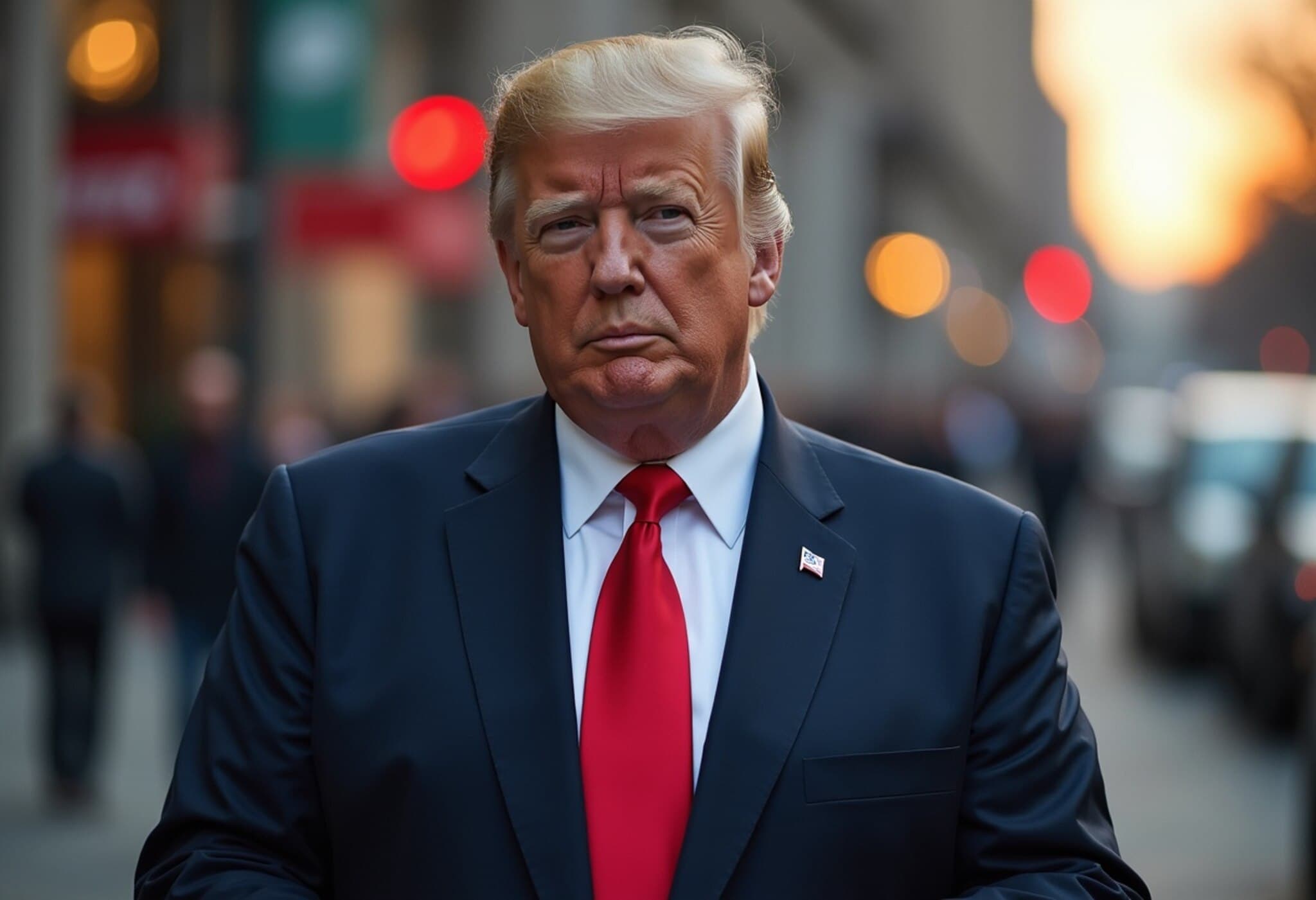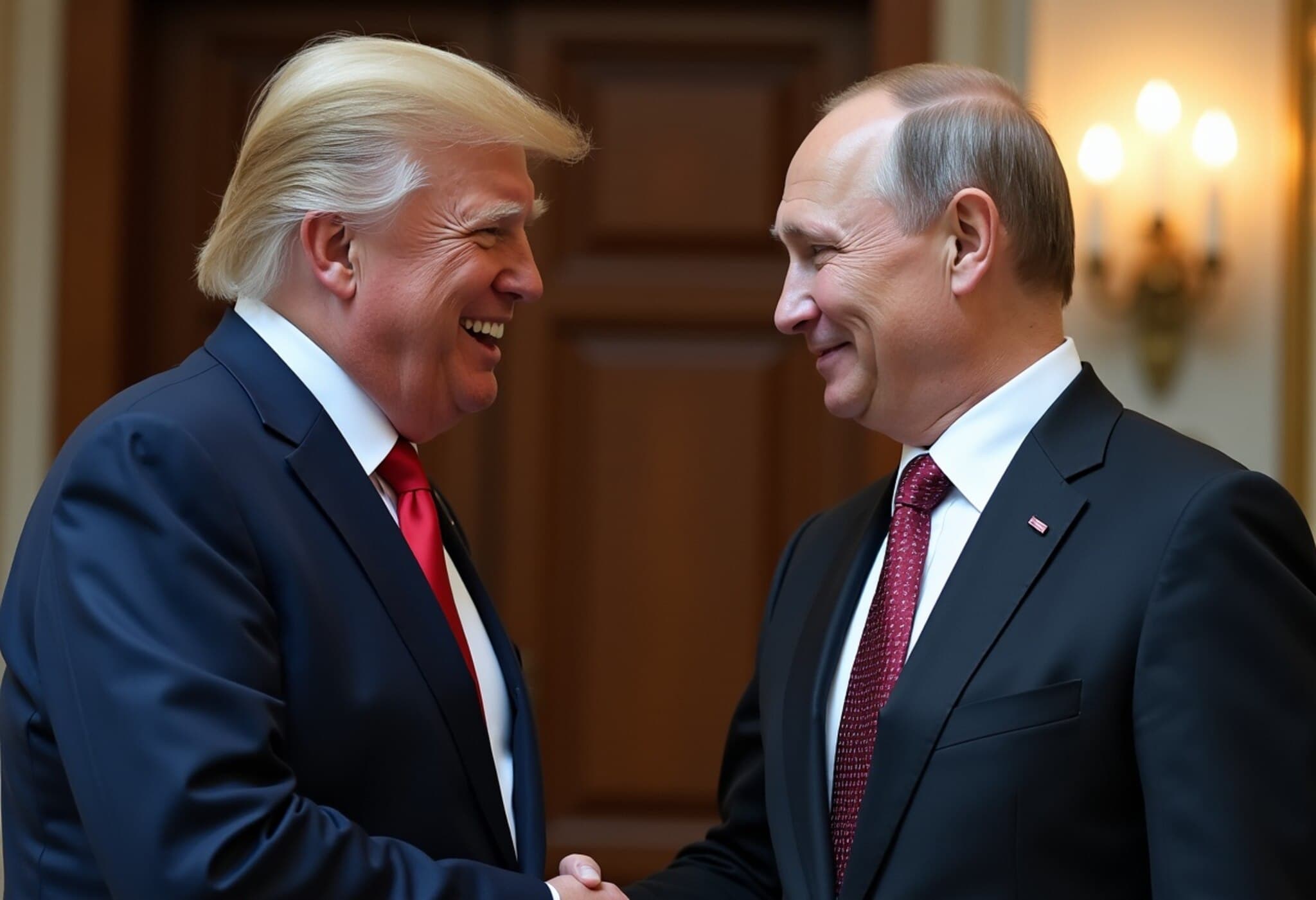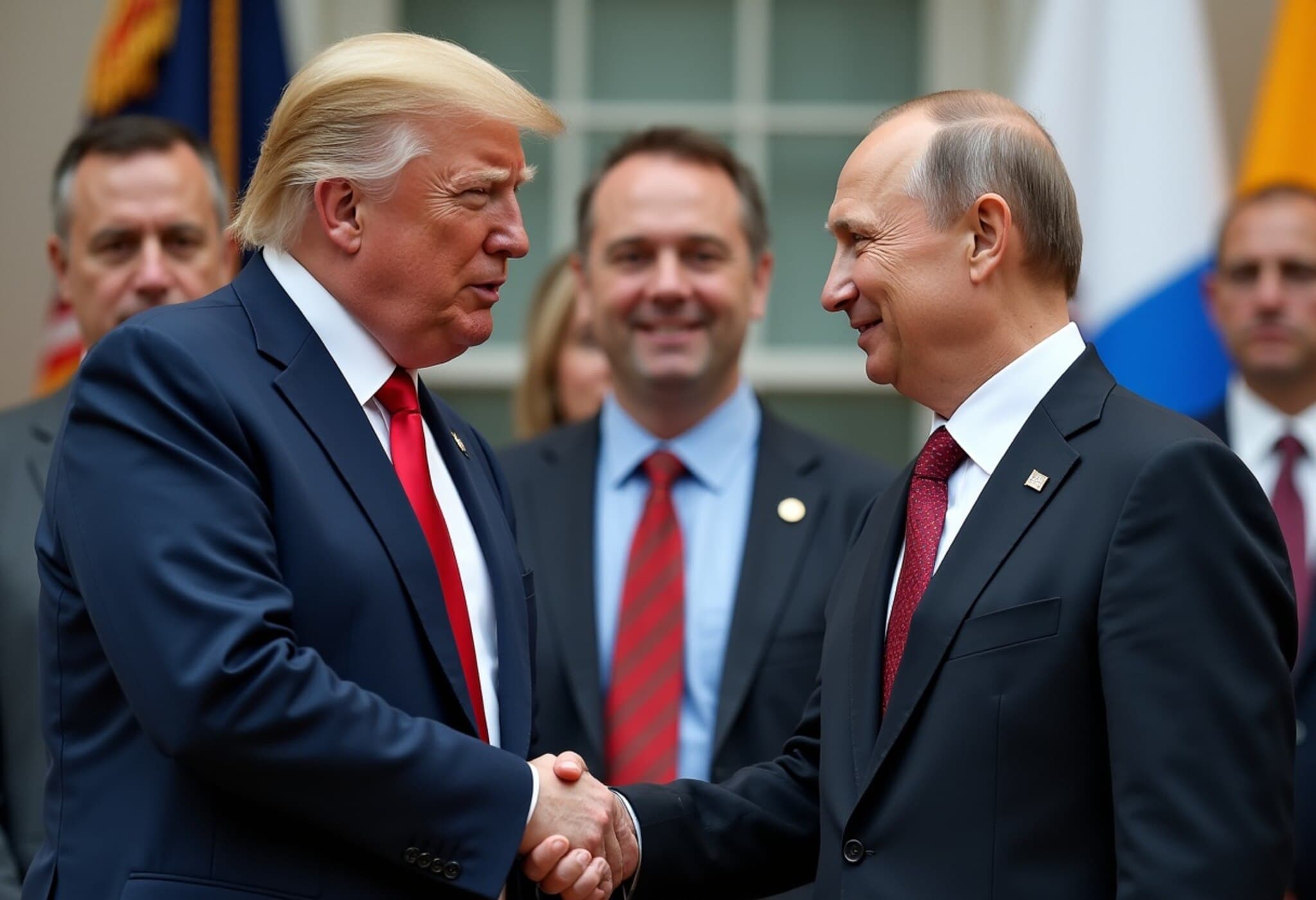UK and Zimbabwe Reforge Diplomatic Relations After Three Decades
In a significant pivot reflecting the global urgency surrounding critical minerals, the United Kingdom and Zimbabwe are restoring their diplomatic and economic ties after nearly 30 years of strained relations. This thaw in diplomacy comes as both nations eye mutually beneficial partnerships amid escalating competition for minerals vital to modern technology and clean energy.
A Renewed Relationship Driven by Strategic Imperatives
In June 2025, UK Minister for Africa, Lord Ray Collins, visited Zimbabwe and met with President Emmerson Mnangagwa and top government officials. This high-level engagement — rare after years of frosty interactions dating back to the Robert Mugabe era — was framed by Collins as a “mission for economic growth” aimed at building a “win-win” partnership. The visit signals Britain’s strategic shift from a primarily diplomatic posture to one emphasizing commercial cooperation.
The British Embassy in Harare unveiled a pipeline of potential investments valued at over $1 billion, targeting sectors such as agriculture, finance, telecommunications, renewable energy, and importantly, critical minerals. A standout initiative is the 30-megawatt Vungu solar power project, showcasing commitment to sustainable development efforts. Several additional projects are anticipated to be announced in the coming months.
Historical Context: From Partnership to Estrangement
Following Zimbabwe’s independence in 1980, the UK was a dominant trading partner and key aid provider. However, relations began to sour in 1997 when the UK refused to fund Zimbabwe’s contentious land reform efforts, citing no colonial obligations. The relationship worsened with Zimbabwe’s controversial farm seizures in 2000, prompting Western sanctions on grounds of property rights violations. By 2024, the UK had slipped to Zimbabwe’s 14th-largest trade partner, with bilateral trade standing at just $155 million — dwarfed by China's $3.9 billion and the UAE’s $2.9 billion in trade volumes.
Geopolitical Stakes Amid the Critical Minerals Race
This renewed UK outreach goes beyond traditional diplomacy. The global scramble for critical minerals such as lithium, cobalt, and rare earth elements— essential for electric vehicle batteries, semiconductors, defense technologies, and clean energy infrastructure — underpins this strategic move.
Expert analyst Zaynab Hoosen of Pangea-Risk highlights Zimbabwe’s substantial lithium reserves as a timely opportunity for the UK to diversify its supply chains, reducing dependency on dominant mineral producers and geopolitical rivals. In an era where Western countries are vying to secure resilient, sustainable supply streams, Zimbabwe offers both mineral wealth and a gateway to broader African partnerships.
The UK’s recently announced critical minerals strategy emphasizes forging commercial partnerships that align economic and strategic interests. Hoosen notes a clear policy evolution: From traditional aid-based relations to commercially-driven, mutually beneficial engagements. This approach aligns with the UK’s larger “Approach to Africa” unveiled in June 2025 and mirrors infrastructure partnerships already underway with South Africa and investment missions to Angola.
What This Means for Zimbabwe’s Economic and Political Landscape
Renewed relations with the UK provide Zimbabwe more than just a mineral trade avenue. For Harare, the partnership offers opportunities for diversified investment, increased trade volumes, and enhanced international legitimacy. In a complex geopolitical environment, Zimbabwe’s ability to attract Western investment could balance its heavily China-dependent economic relationships and potentially catalyze broader socio-economic development.
This shift also highlights an underreported narrative: how African resource-rich nations like Zimbabwe navigate geopolitical rivalries to leverage multiple partnerships for national benefit, rather than becoming overly reliant on a single global power.
Editor’s Note
The rekindling of UK-Zimbabwe ties serves as a revealing case study in how global competition for critical minerals is reshaping diplomatic alliances. Beyond the surface, it raises pivotal questions about sovereignty, sustainable development, and the evolving nature of East-West relations within Africa. As technology and climate agendas drive mineral demand, Zimbabwe’s approach to balancing foreign interests will significantly influence its economic future and regional standing. Observers should watch how these new partnerships translate into tangible development outcomes for Zimbabwe’s people.



